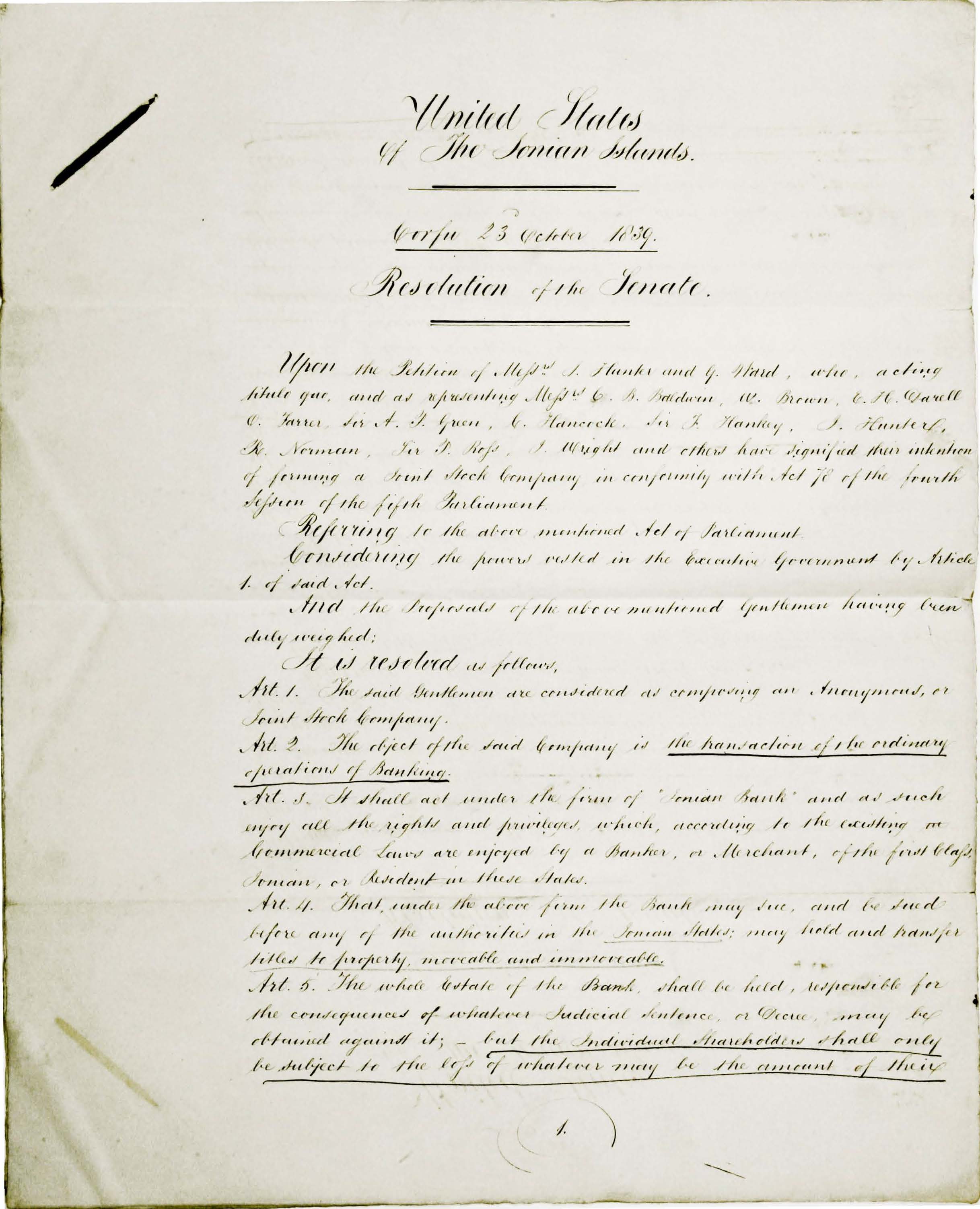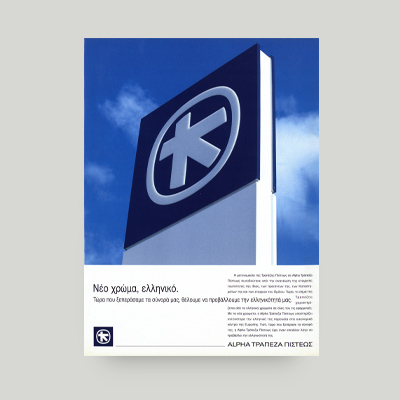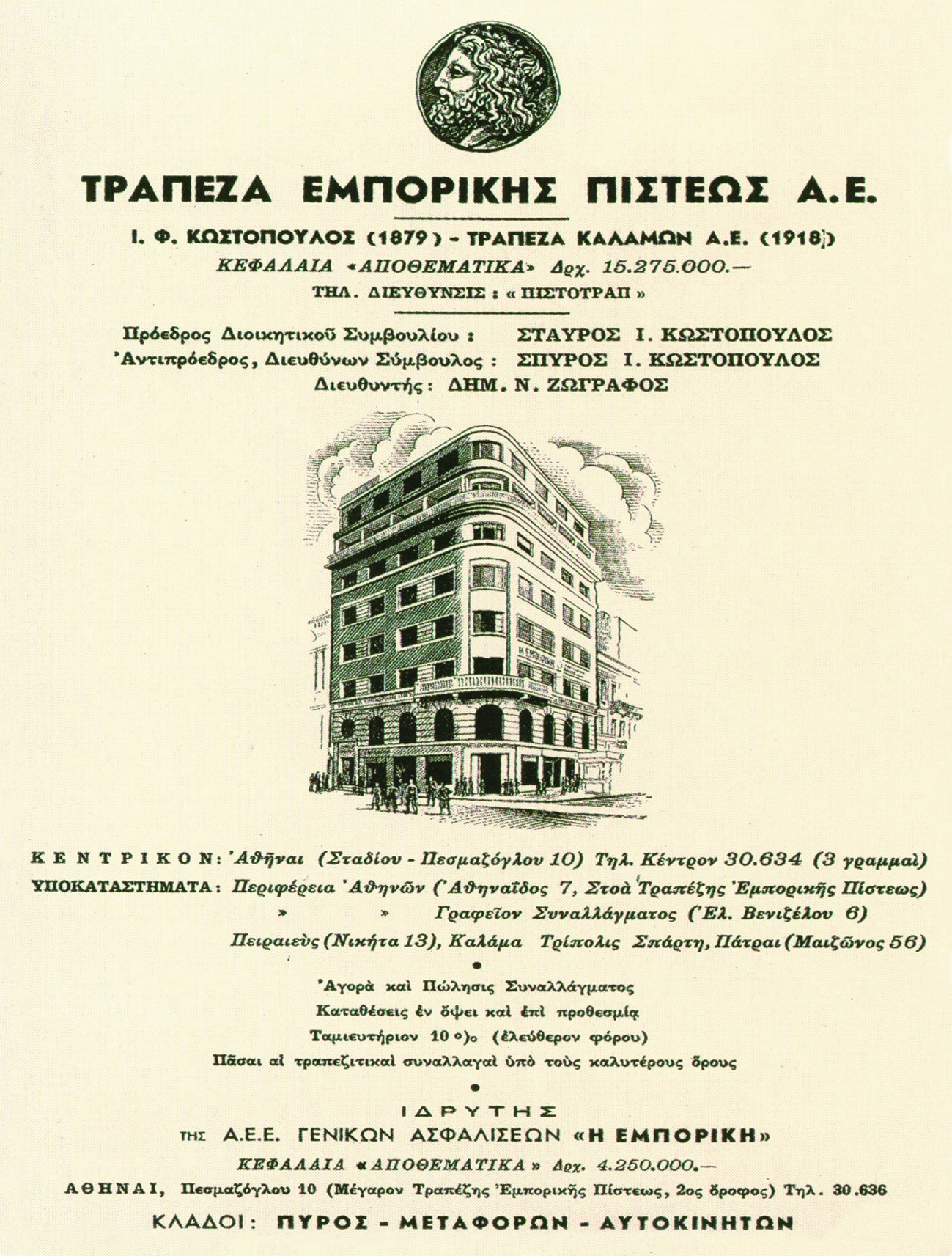The establishment of Ionian Bank
In April 1839 Lord High Commissioner of the Ionian Islands Sir Howard Douglas submitted for approval the Articles of Association of a new bank. Ionian Bank Ltd was established with a resolution passed by the Senate of the United States of the Ionian Islands on 23 October 1839. The entire text of the decision of association consisted of 15 articles. Among other provisions, the decision granted the bank exclusive currency issuing rights on the Ionian Islands for the next 20 years.
The resolution passed by the Senate of the United States of the Ionian Islands on 23 October 1839 is a 3-page manuscript in English consisting of 15 articles.
It is part of the bank’s documents of association. By this resolution, the Senate approved the operation of Ionian Bank Ltd on the Ionian Islands.
The High Commissioner’s proposal
Lord High Commissioner of the Ionian Islands Sir Howard Douglas was not discouraged by the 1833 and 1837 failed attempts to establish a bank in the Ionian Islands. Determined to try once more, he got in touch with English investors so that he could finally go ahead with his ambitious plan.
This time, his proposal for the establishment of a private bank – originally called Ionian State Bank – was met with great enthusiasm by a London-based group of bankers and merchants. The group was headed by John Wright of the John Wright and Co banking firm.
Gradual steps towards establishing a bank
A lengthy exchange of correspondence and rounds of glacial-paced negotiations took place until January 1839. That is when Ionian State Bank’s Board of Directors was formed, with a London-based group of bankers experienced in establishing banks overseas as its members.
At the same time, an advertising leaflet was distributed in London inviting the City of London’s bankers and merchants to buy shares in the new bank.
Major obstacles
After the necessary capital was attracted, a new round of negotiations started between John Wright, his partners and the local government of the Ionian Islands. The new negotiations aimed at resolving pressing issues including:
- Deciding the new bank’s legal form.
- Overcoming serious objections by the local population.
- Dealing with the outright hostility expressed by the Ionian Parliament, which even threatened to amend the Constitution.
The first bank in modern Greece
In April 1839, in an atmosphere of turmoil and violent conflict, the High Commissioner imposed a 6-month suspension of the Parliament’s operation. Soon, using the element of surprise and without the Parliament’s permission, he submitted the Articles of Association for approval by the Senate of the Ionian Islands.
On 23 October 1839, the Senate passed a resolution approving the Articles of Association for a period of 20 years. The new bank – eventually named Ionian Bank Ltd – had finally been established.
Ionian Bank was the first bank in modern Greece.
The content of the decision of association
The text of the decision of association consisted of 15 articles. The bank’s registered offices would be in London, and its nominal capital amounted to 100,000 British pounds.
Among other provisions, the decision of association stipulated:
- The bank’s exclusive currency issuing rights on the Ionian Islands for 20 years (Article 1).
- The establishment of branches on all the Ionian Islands (Article 2).
- The bank's operation as a bank of issue for 20 years (Article 11).
- The drafting of accounting statements on a quarterly basis (Article 14).
The last loose ends
The bank’s legal entity structure was not clearly defined in the Ionian Senate’s resolution. Approvals by the competent authorities for the bank to be recognised as an entity in Britain were still pending. However, this issue was resolved by Royal Decree in January 1844.
The Alpha Bank Historical Archives are not open to the public.
Research visits can be organised upon request.
Contact us to request a visit.





